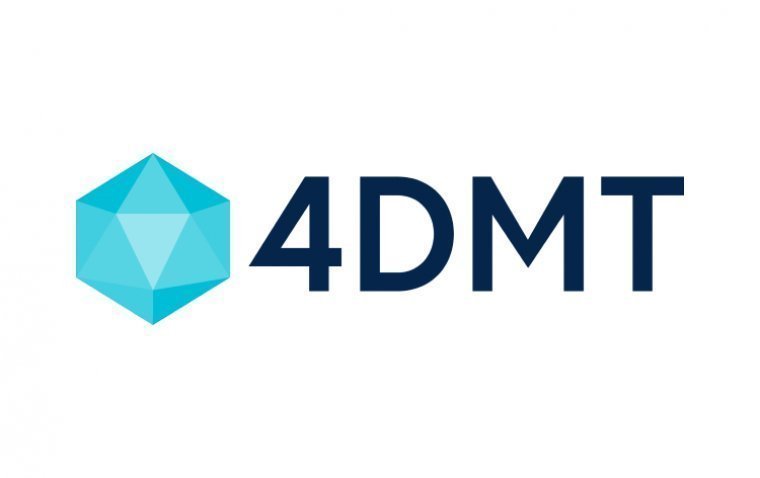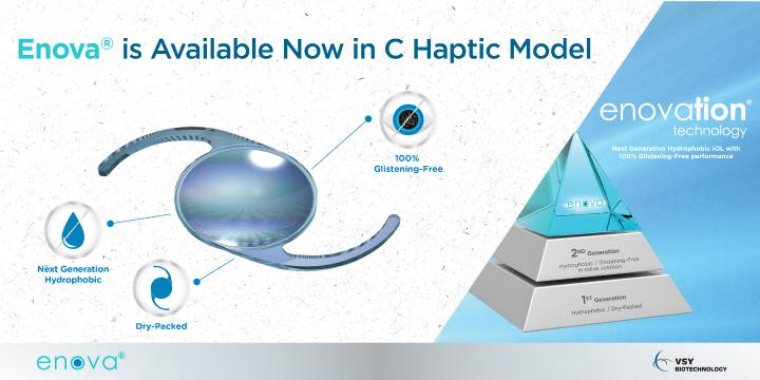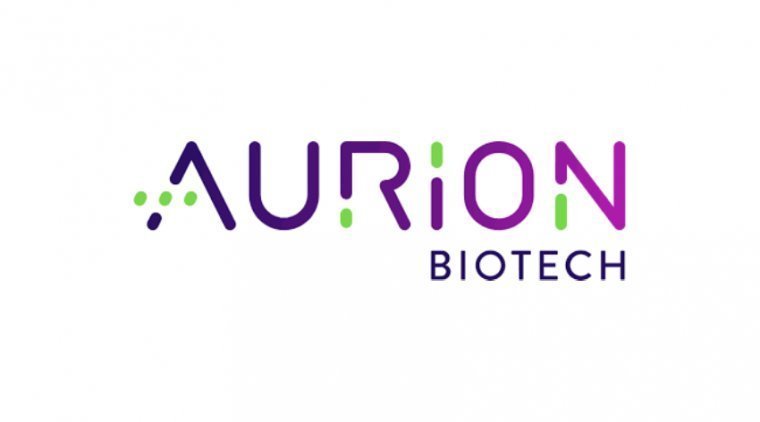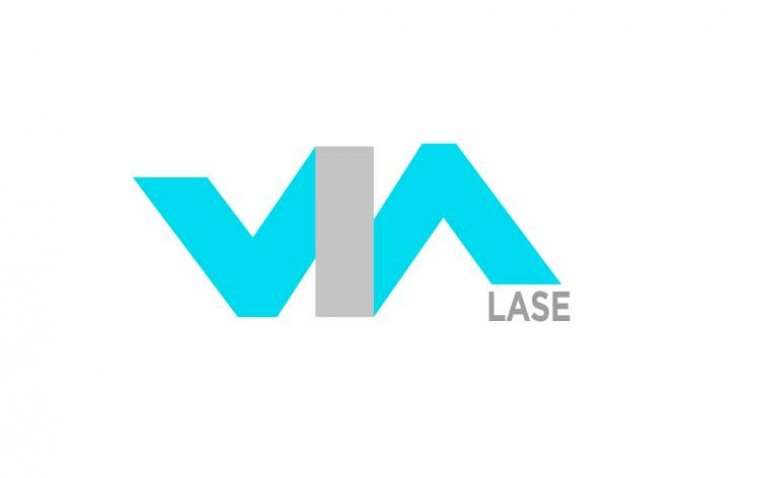
FDA Accepts Revised Supplemental New Drug Application for IZERVAY
The U.S. Food and Drug Administration (FDA) has accepted a revised supplemental New Drug Application (sNDA) for IZERVAY (avacincaptad pegol intravitreal solution), a treatment for geographic atrophy (GA) secondary to age-related macular degeneration (AMD). This decision, announced on January 6, 2025, follows a response to the FDA’s Complete Response Letter (CRL) issued in November 2024.
Details of the Resubmission
According to Astellas’ press release, the revised application was submitted after a meeting between the FDA and the company on December 20, 2024. The sNDA has been categorized as a Class 1 resubmission, which involves a 60-day review period, setting the target action date for February 26, 2025.
Focus of the Supplemental Application
The sNDA aims to update the IZERVAY U.S. Prescribing Information by incorporating positive two-year data from the GATHER2 Phase 3 clinical trial. This addition highlights the sustained efficacy and safety of IZERVAY for patients with GA secondary to AMD.
Financial Implications
Astellas stated that this development is expected to have a minor impact on the company’s financial results for the fiscal year ending March 31, 2025.
Background on IZERVAY
IZERVAY received initial FDA approval on August 4, 2023, for the treatment of GA secondary to AMD. The drug works by inhibiting the complement pathway, a key driver of GA progression in AMD.
This latest submission represents a significant step forward in optimizing treatment options for patients with geographic atrophy while underscoring the importance of long-term clinical data.
About Geographic Atrophy
Geographic atrophy (GA) is an advanced form of age-related macular degeneration (AMD), a leading cause of vision loss among the elderly. This condition is characterized by the progressive degeneration of the retina, specifically the loss of photoreceptors and the underlying retinal pigment epithelium in the macular region, which is crucial for sharp, central vision. Symptoms of GA include a gradual decline in visual acuity, difficulties with color perception, and the presence of scotomas or blind spots in one's field of vision.
(1).jpg)










